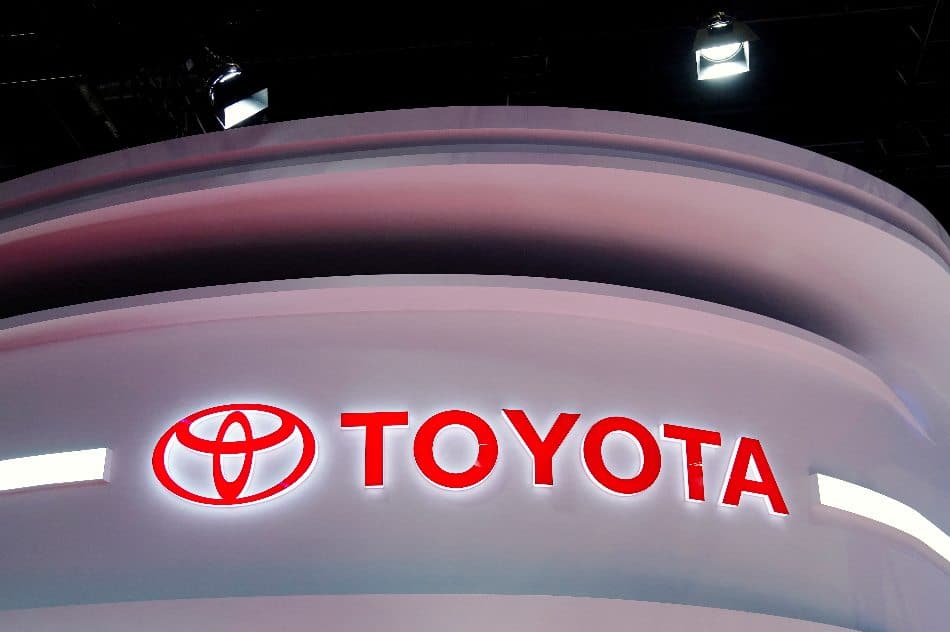Toyota’s New Development Could Spell The End For Gas-Powered Cars

Toyota’s recent battery advancements for electric vehicles (EVs) are set to extend battery life, possibly as soon as 2026.
Progress was made on two fronts: improvements in optimizing lithium-ion batteries and advancements in solid-state batteries for electric vehicles (EVs).
Discoveries related to lithium-ion batteries will lead to longer battery life and reduced charging times, addressing key concerns for potential EV buyers. Presently, EVs offer around 330 miles on a single charge, but the enhanced batteries could potentially support up to 621 miles on a single charge.
Solid-state batteries offer a promising advancement, potentially providing a range of around 745 miles on a single charge. Initially developed for devices like pacemakers and smartwatches, these batteries resemble lithium-ion batteries. However, their lack of durability for electric vehicles (EVs) has been a historical hurdle.
Toyota’s recent breakthrough may accelerate the arrival of EVs equipped with solid-state batteries, possibly hitting the market by 2027. Their focus on a more cost-effective manufacturing process, emphasizing automated production over manual assembly, is a notable aspect.
The advantages of EVs are extensive. At present, powering an electric car costs roughly half as much as a gasoline vehicle. Charging expenses at public stations are time-based, aligning with the battery life advancements, which is poised to make EV ownership even more economical.
Moreover, there exist federal and local financial incentives based on geographic location, coupled with the overall reduced maintenance demands of EVs.
Environmental benefits are another key aspect. A solitary electric car on the road can annually save 1.6 tons of pollution, in stark contrast to gas-powered vehicles that emit over 10,000 pounds of harmful gases each year.







